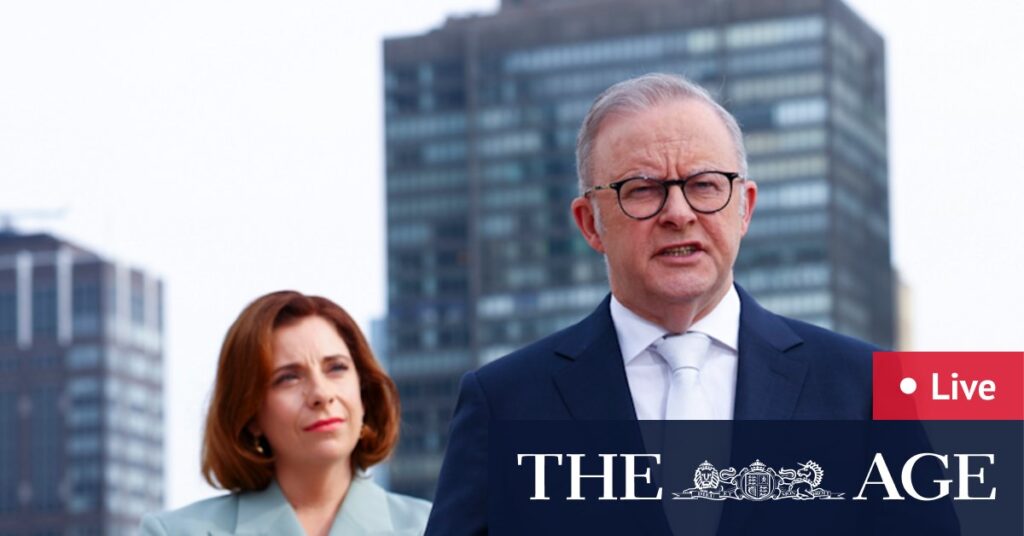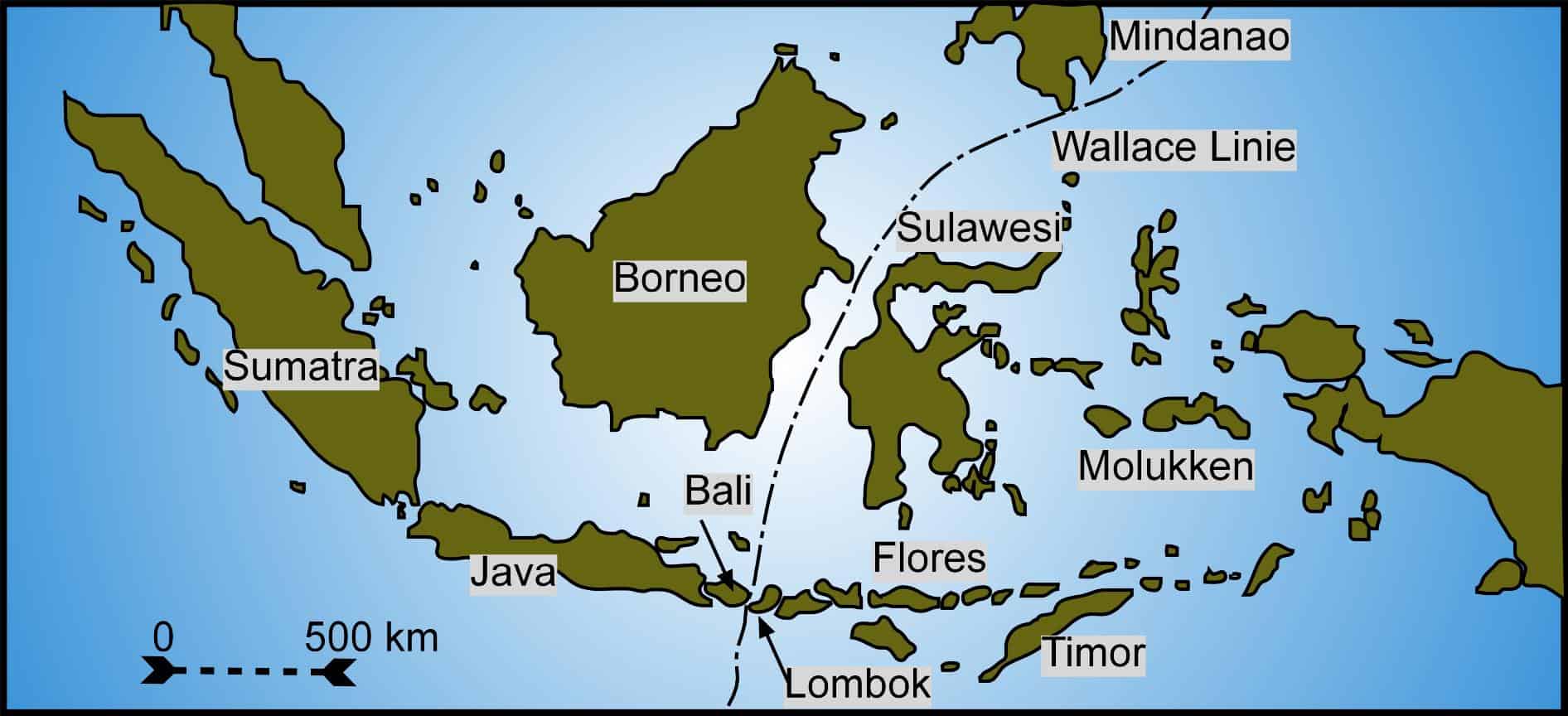
Prime Minister Anthony Albanese has made a compelling call for unity at the United Nations, urging nations to consider a global social media ban to combat misinformation and hate speech. His remarks came during a session where he also addressed the recognition of Palestine by Australia, alongside Canada and the United Kingdom. Albanese emphasized the foundational principles of the UN Charter, advocating for peace and human rights.
“Australia recognized the state of Palestine, because, to quote from the [United Nation’s] Charter that forms the very foundations of this institution and reflects the very best of its idealism. We are determined: ‘To save succeeding generations from the scourge of war. To reaffirm faith in fundamental human rights. To promote social progress and better standards of life in larger freedom. And for these ends: to practice tolerance and live together in peace with one another as good neighbours’,” Albanese stated.
He continued, “That was right 80 years ago, and it’s right today. Every nation that takes a seat in this room has put its name to those principles. Peacekeepers and aid workers from all over the world have risked and lost their lives in the service of those ideals. So we must ask ourselves: When can those words hold meaning, if not now? Where can those words apply, if they do not apply to the Middle East?”
Addressing Iranian Interference and Antisemitism
Albanese also took a firm stance against Iranian interference in Australia, particularly regarding antisemitic attacks in Melbourne and Sydney. Speaking to the UN General Assembly, he highlighted the necessity of addressing breaches of international law.
“Just last month, Australian security agencies confirmed that the Iranian regime orchestrated the firebombing of a synagogue in Melbourne and a Jewish restaurant in Sydney. Criminal acts of cowardice, aimed at spreading fear,” Albanese said.
In response, Australia expelled the Iranian ambassador, marking the first such diplomatic action since World War II. “And here at the United Nations we repeat to the world, there is no place for antisemitism,” he declared.
“An ASIO investigation revealed in August that attacks on the Adass Israel Synagogue of Melbourne and the Lewis’ Continental Kitchen in Sydney were credibly linked to orders from the Iranian government.”
Global Challenges and Future Directions
The Prime Minister painted a stark picture of the global challenges faced in 2025, from dictatorships to technological threats undermining democracy. “In 2025, we are confronted by all manner of these challenges in old forms and new. Dictators whose hold on power derives solely from their capacity for cruelty to their own citizens,” he noted.
He warned of regimes willing to oppress their people and autocracies using technology to erode trust in democratic institutions. “Intimidation and coercion on the seas and in the skies, endangering lives and risking escalation. Terrorists – and states which sponsor terrorism – spreading hatred,” Albanese said.
Implications and Global Response
The Prime Minister’s address at the UN highlights the urgent need for a cohesive international response to these multifaceted threats. His call for a social media ban reflects growing concerns over the role of digital platforms in spreading misinformation and hate. As nations grapple with these issues, Albanese’s speech serves as a rallying cry for collective action.
Looking forward, the international community faces the challenge of balancing freedom of expression with the need to protect citizens from harm. The recognition of Palestine and the expulsion of the Iranian ambassador underscore Australia’s commitment to upholding international law and human rights.
As the world watches, the actions taken by Australia and its allies may set a precedent for how nations address both digital and geopolitical threats in the coming years.







